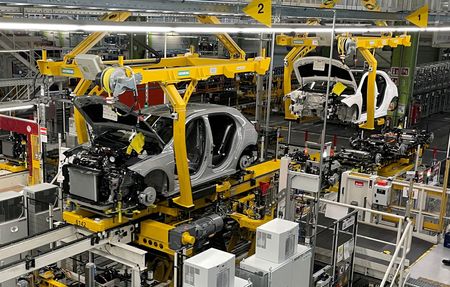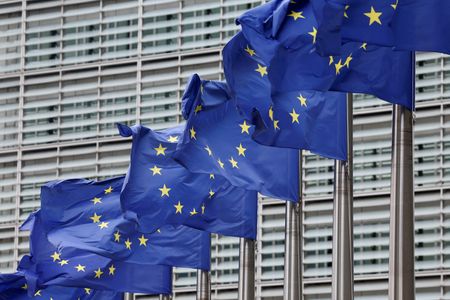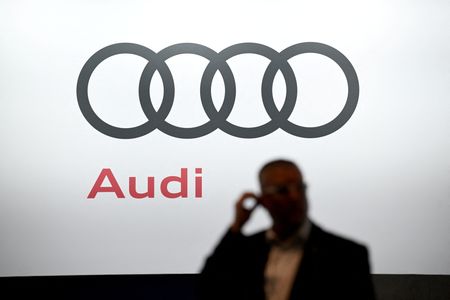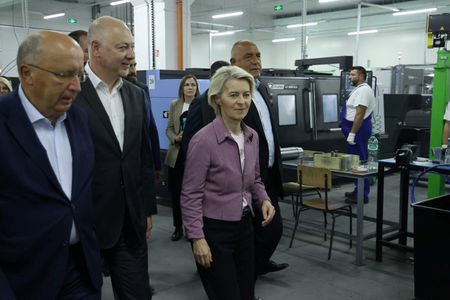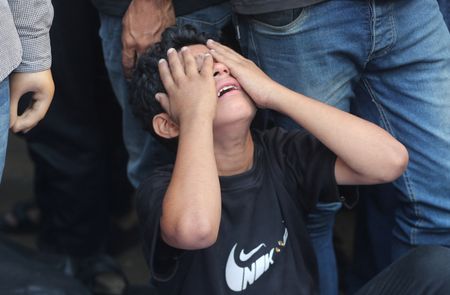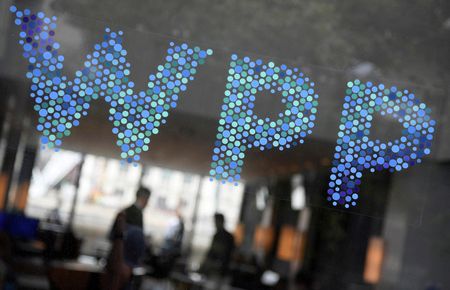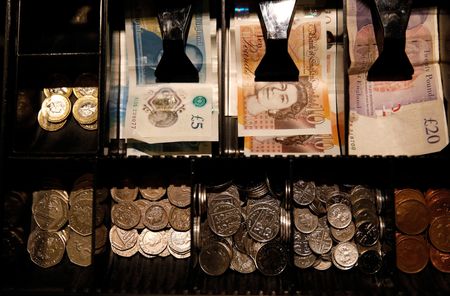BENGALURU -Euro zone manufacturing activity expanded in August for the first time since mid-2022 due to a surge in domestic demand and output, raising optimism around future production, a survey showed.
The HCOB Eurozone Manufacturing Purchasing Managers’ Index (PMI) rose to an over-three-year high of 50.7 in August from 49.8 in July, surpassing the 50.0 threshold that separates growth from contraction. It was also higher than a preliminary estimate of 50.5.
While factory output growth reached its strongest level since March 2022, new orders – a key gauge of demand – expanded at its strongest pace in nearly three and a half years.
“The economic recovery in the manufacturing sector is broadening… Incoming orders also offer hope for a sustainable recovery,” said Cyrus de la Rubia, chief economist at Hamburg Commercial Bank.
“Domestic orders have risen and are offsetting the weakening demand from abroad. In fact, the best remedy against U.S. tariffs may be to strengthen domestic demand… Many expect to produce more in 12 months than they do today.”
The EU and the U.S. struck a framework trade deal in late July but only the baseline tariff of 15% has so far been implemented.
Among euro zone countries, Greece and Spain led factory growth, with PMIs of 54.5 and 54.3, respectively, France and Italy also saw slight expansions. Meanwhile, manufacturing in Germany, Europe’s largest economy, rose to a 38-month high of 49.8, a whisker away from the 50.0 mark.
The recovery in activity offers hope for the German economy that shrank 0.3% last quarter on slowing demand from its top trading partner the United States.
Euro zone manufacturers expressed optimism for the year ahead, although sentiment remained largely unchanged from July. That was in contrast to a deterioration in economic sentiment in the common currency bloc in August, according to a European Commission survey.
Prices charged by manufacturers reduced slightly, despite input costs rising marginally.
The European Central Bank, which targets 2% inflation, held its key rate at 2% in July and it will probably do so again this month before discussions about further cuts likely resume in the autumn, especially if the economy weakens under U.S. tariffs.
(Reporting by Indradip Ghosh; Editing by Toby Chopra)

